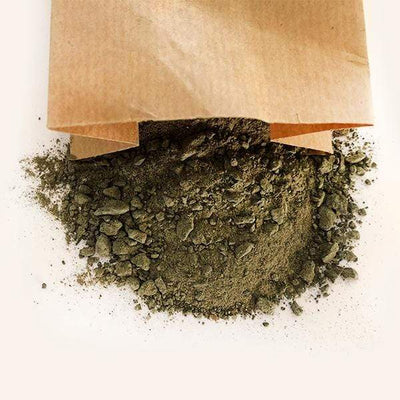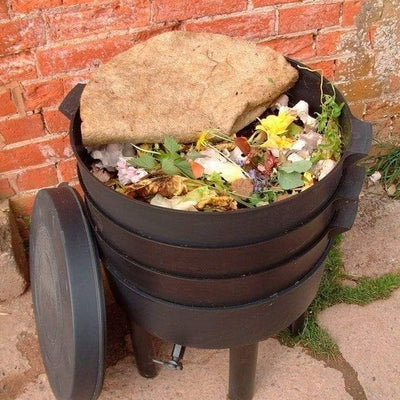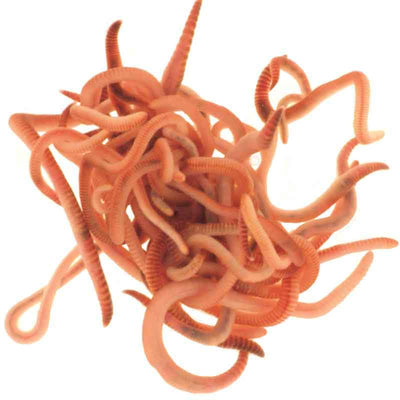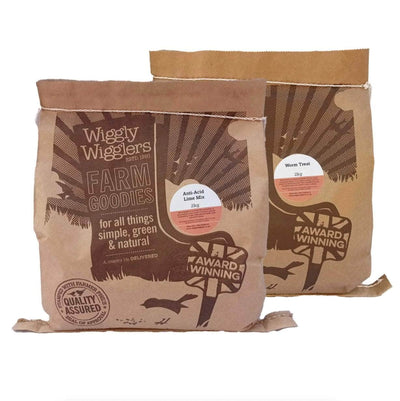When the temperature drops, it’s important to remember that your worm farm can feel the chill too. Here’s a rundown of how freezing weather can affect your wiggly composting team and what that means for your worm farm:
- Worms Slowing Down: Just like us, worms get sluggish in the cold. They’re cold-blooded, so their body temperature matches their surroundings. If it gets too cold, their metabolism drops and they aren’t as active. This means they won’t be composting as much or as fast.
- The Cold Can Be Tough on Worms: Worms, especially the common red wigglers used in composting, like it cosy. They do best in temperatures between 13°C to 25°C. They tolerate the cold well but if it gets below freezing inside the worm composter, it can be more than just uncomfortable for them – it can be deadly.
- Compost Quality Might Suffer: With your worms not as active, the composting process slows down. This can mean your compost bin might start to have more unprocessed scraps than usual, and if not managed, it could start to smell a bit off.

How to Make Your Worm Farm Winter-Ready!
- Insulation: Think of insulation as a warm hug for your worm farm. Wrap your composter in straw, foam boards, or even a snug old blanket.
- Find a Warmer Spot: Move your worm farm to a sheltered spot like a greenhouse, garage, shed, or basement, anywhere where they can stay comfy without getting too cold.
- Worms in Every Tray: In your multi-tray worm farm, your worms might huddle together in the middle trays to stay warm. Check in on them like a good friend, making sure they have enough room and aren’t too crowded.
- Winter Eating Habits: In winter, your worms eat less, so give them smaller amounts of food.
- Keep It Dry: The liquid in your worm farm (leachate) can freeze, so drain it out to prevent any icy mishaps.
- A Touch of Warmth: If it’s super cold, a small heat mat can be a great addition. It’s like a gentle, warm breeze for your worms, ensuring they stay active and happy.
- Pre the Big Freeze: Before extreme temperatures, add an extra layer of bedding like shredded newspaper or coconut coir to help insulate.
Wrapping Up…
Keeping your worm farm productive in winter is all about making small, adjustments where you can. With a bit of insulation, a warmer new location, careful tray management, adjusted feeding, moisture control, your worm farm can be a hub of activity all year round.
Keeping your worm farm productive in winter is all about making small, adjustments where you can. With a bit of insulation, a warmer new location, careful tray management, adjusted feeding, moisture control, your worm farm can be a hub of activity all year round.
For more info on wormeries, extras for your wormery and more, wiggle on over to https://www.wigglywigglers.co.uk/collections/worm-composting






